Discover the City of Love: Unveiling the Wonders of Paris
BlogTable of Contents
- Paris: An Overview — Westcoaster
- Luxury Hotels Paris | Place Vendôme | Mandarin Oriental, Paris
- A Thrilling Adventure: What To See In Paris In 3 Days
- This Day in History: July 8th
- Paris - Las Vegas
- 5 Paris Neighborhoods to Visit During the Olympics to Avoid the Crowds ...
- Deal: ANA Sydney-Paris Business Return Flights For Just ,000
- Paris in One Day? On a Budget? Oui, Oui! | HuffPost
- Paris city break guide
- A Thrilling Adventure: What To See In Paris In 3 Days

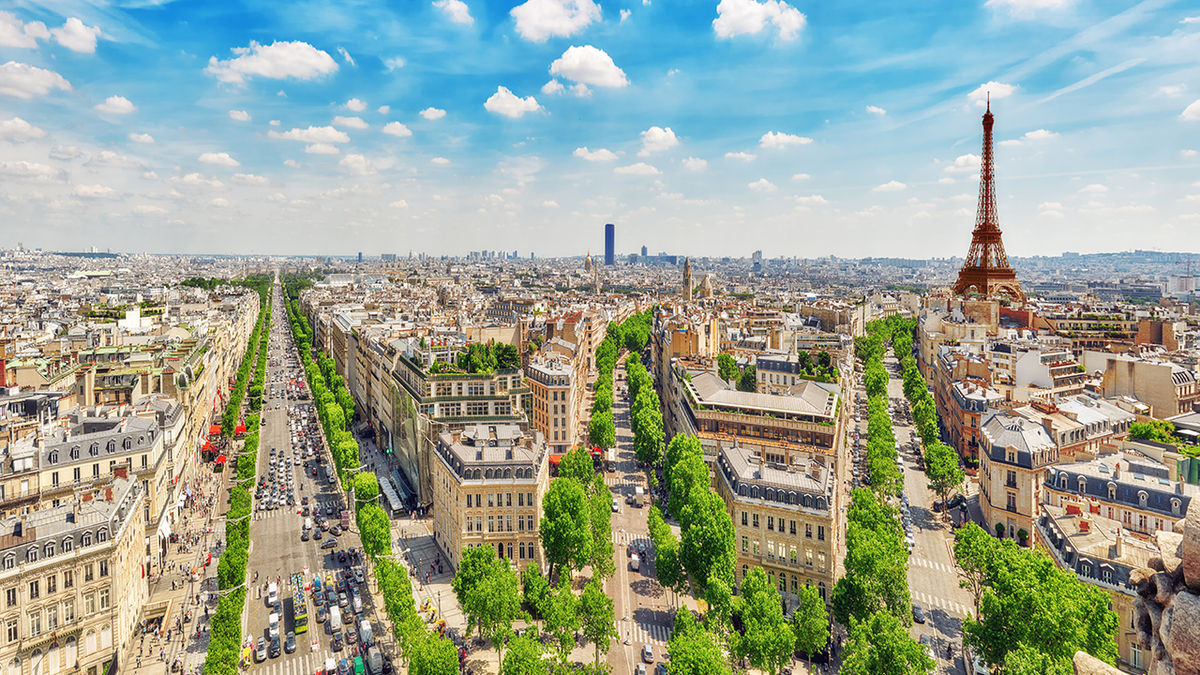
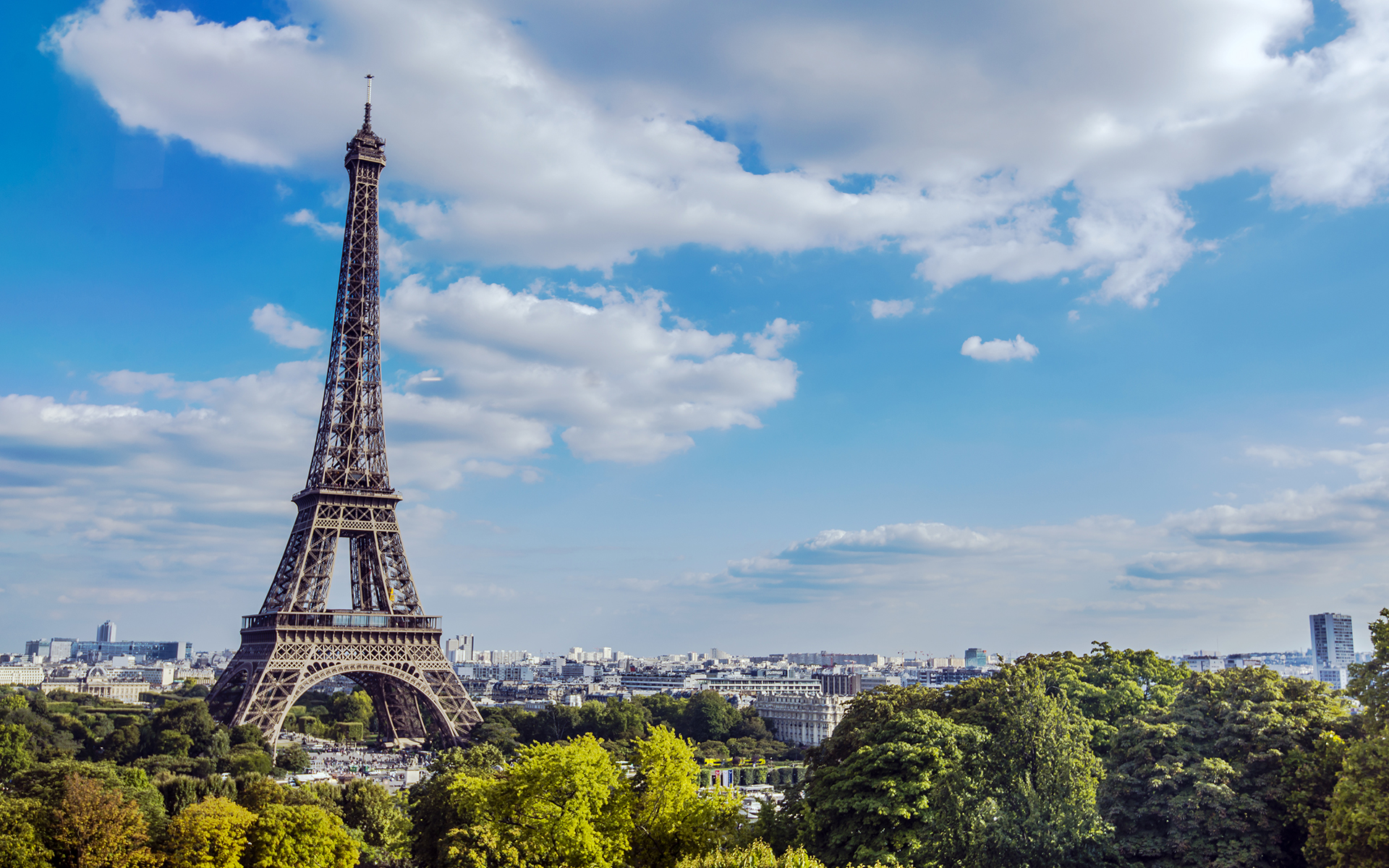
Definition and Location

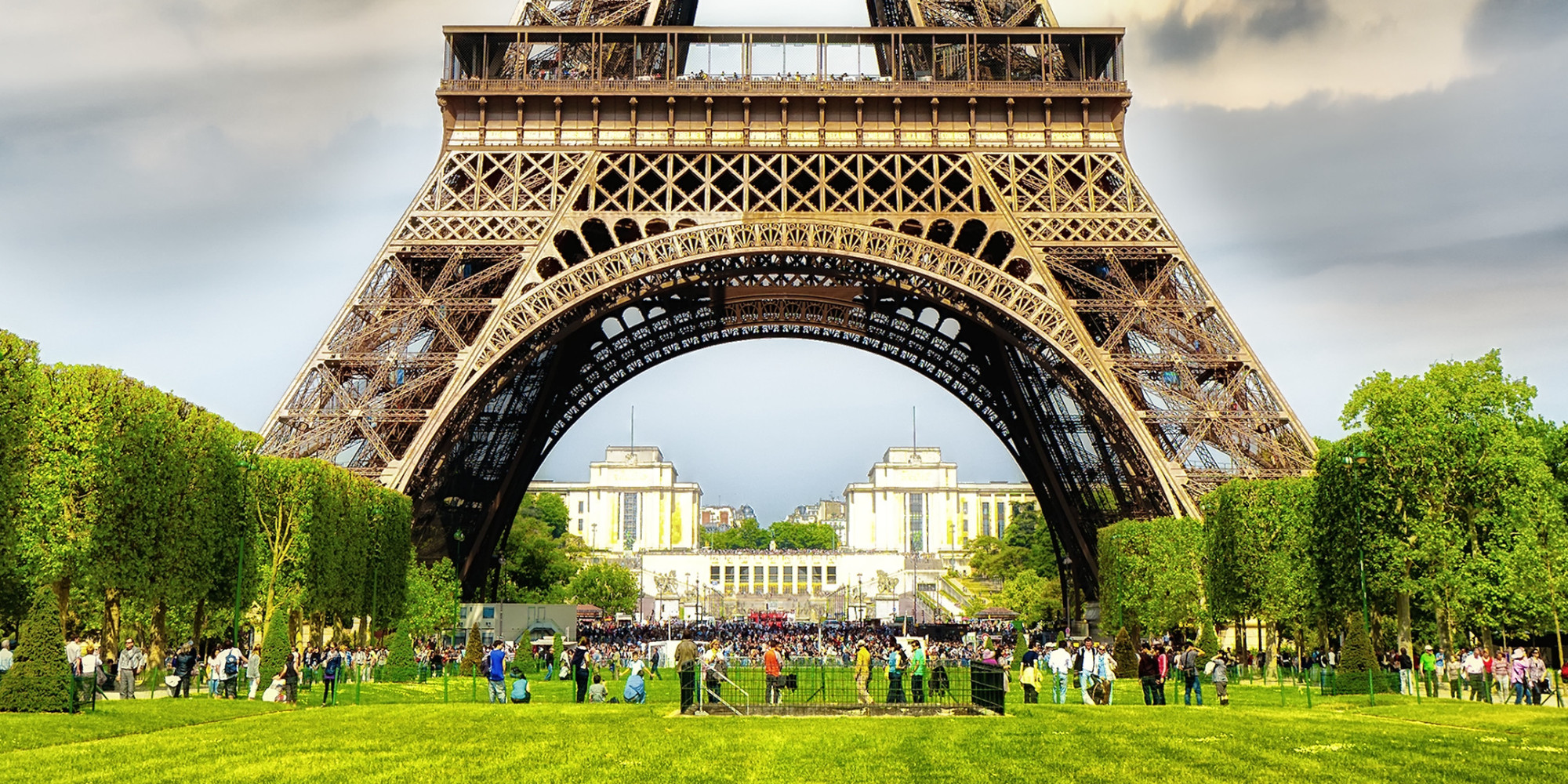
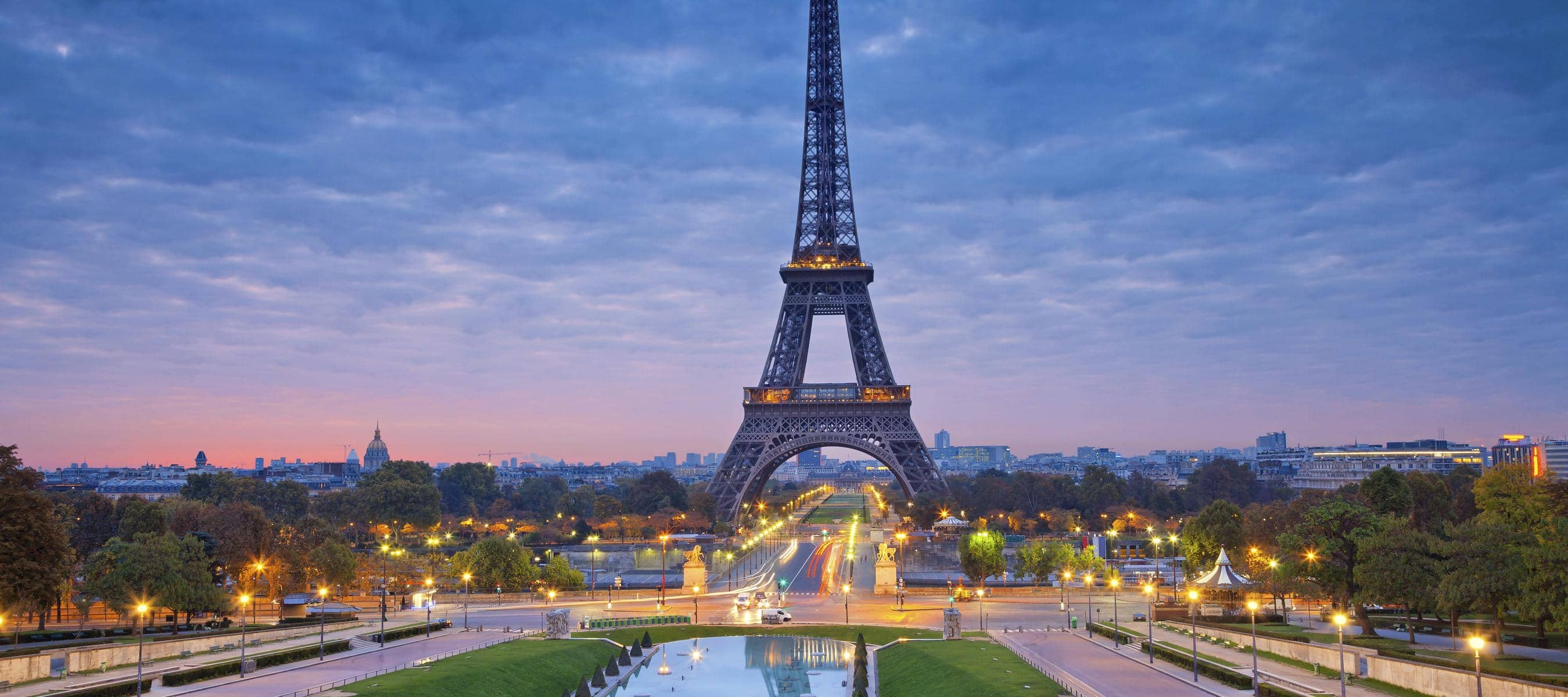
Map and Geography

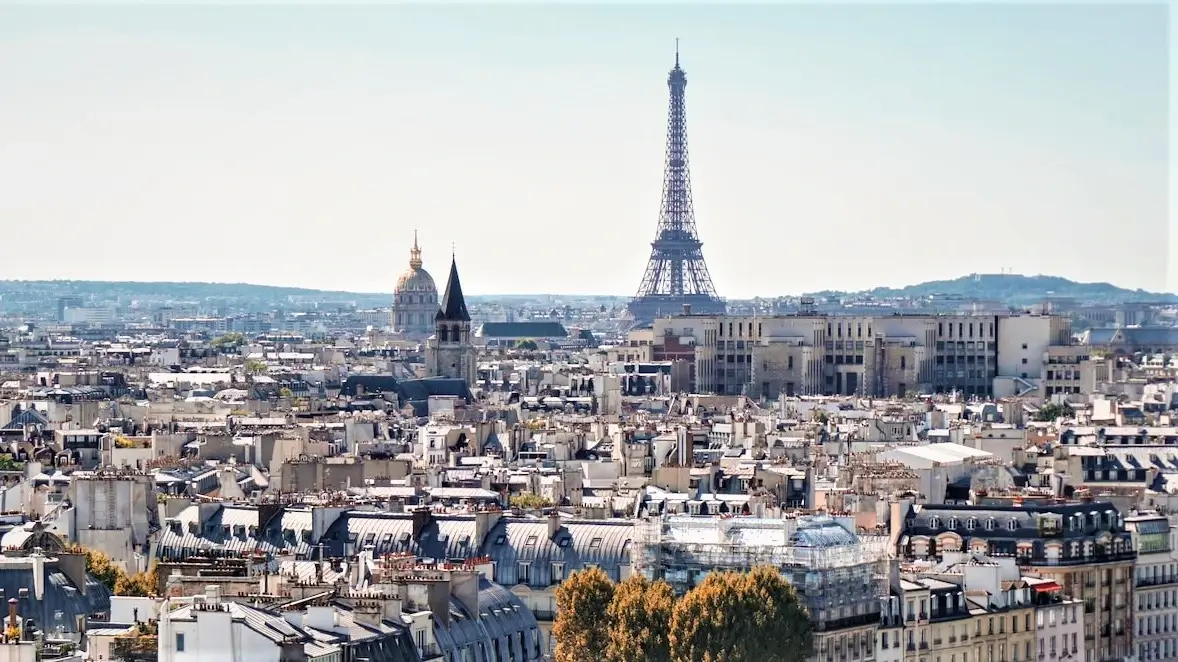

Population and Demographics
As of 2020, the population of Paris is approximately 2.1 million people, with a metropolitan area population of over 12 million. The city's population is diverse, with a mix of French nationals and international residents. The city's demographics are characterized by a high standard of living, with a strong economy and a high level of education.
Facts and History
Paris has a rich and fascinating history, dating back to the 3rd century. The city was founded by the Celts and later became a major center of trade and commerce under the Romans. During the Middle Ages, Paris became a hub of learning and culture, with the establishment of the University of Paris in 1150. The city's history is marked by significant events, including the French Revolution, the rise of Napoleon, and the liberation of the city during World War II. Some interesting facts about Paris include: The Eiffel Tower is the most-visited paid monument in the world, with over 7 million visitors per year. The Louvre Museum is home to the Mona Lisa, one of the most famous paintings in the world. Paris is often referred to as the "City of Light" (La Ville Lumière), due to its historical significance in the Enlightenment and its reputation as a center of learning and culture. Paris is a city that has something to offer for everyone. From its stunning architecture and rich history to its vibrant culture and romantic atmosphere, Paris is a must-visit destination for anyone interested in exploring one of the world's most iconic cities. Whether you're a history buff, a foodie, or simply a romantic at heart, Paris is sure to leave you enchanted and inspired. So come and discover the wonders of Paris for yourself – you won't be disappointed!Keyword density: Paris (9), France (2), history (3), culture (2), Eiffel Tower (1), Louvre Museum (1), population (1), geography (1), demographics (1)
Note: The article is optimized for search engines with relevant keywords, meta descriptions, and header tags. The content is informative, engaging, and provides a comprehensive overview of Paris, making it an excellent resource for anyone interested in learning more about the city.